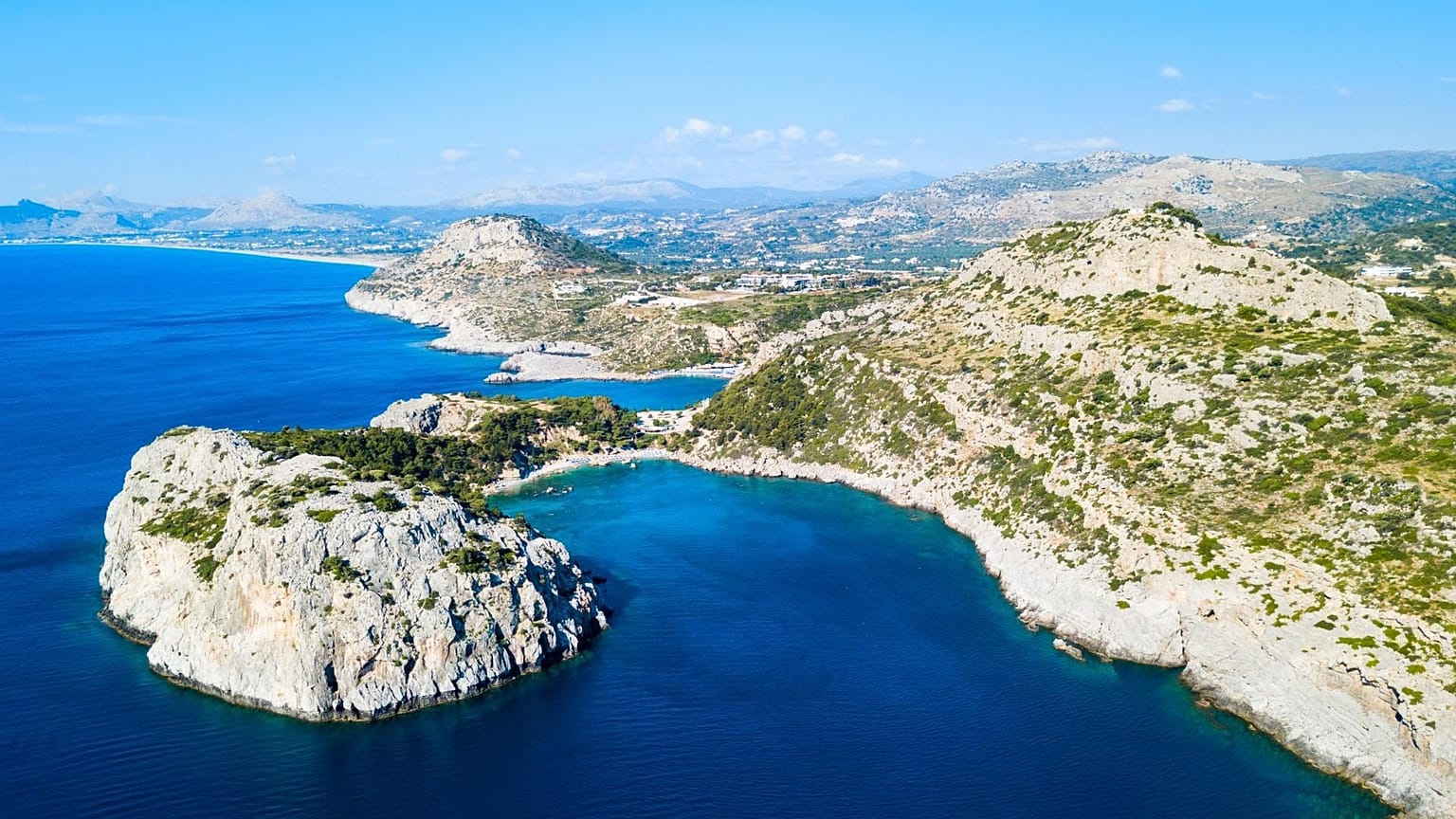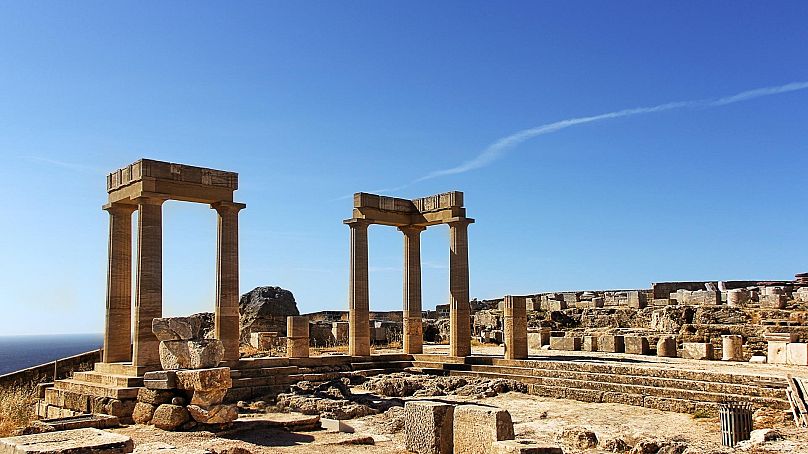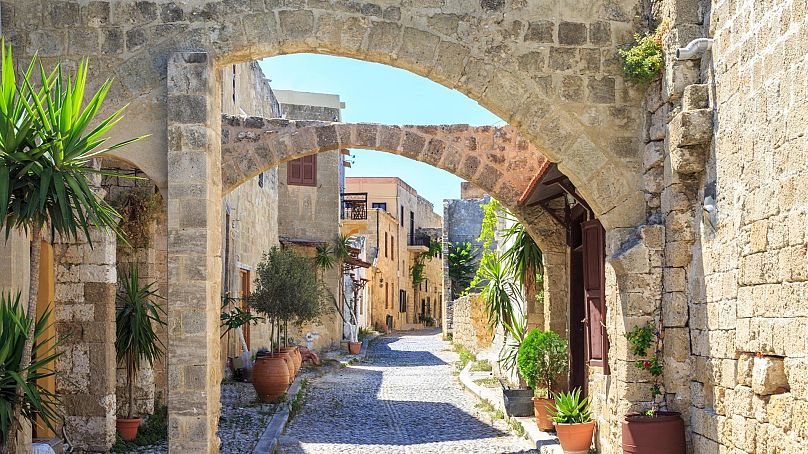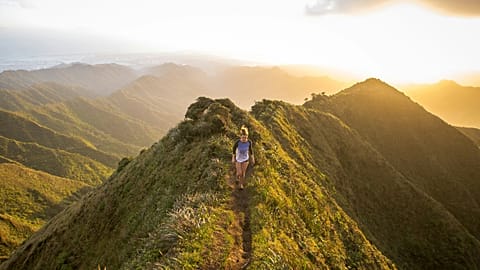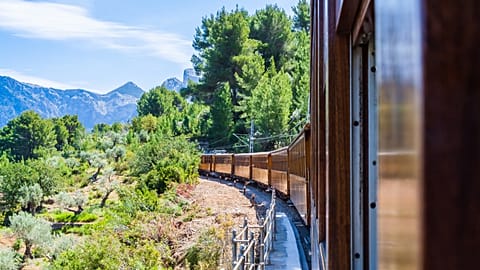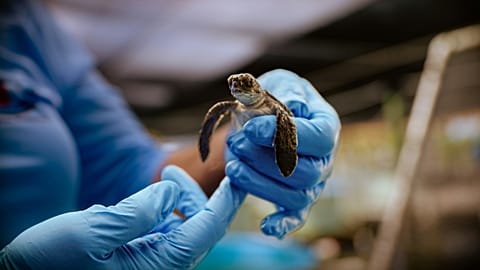A decade on from the recession, Greece has launched a sustainability initiative with the help of TUI to regenerate tourism in Rhodes that also keeps sustainability at the top of the agenda.
Greece is embarking on a sustainable transformation of its tourism sector, beginning with a new ‘laboratory’.
 ADVERTISEMENT
ADVERTISEMENT
 ADVERTISEMENT
ADVERTISEMENT
Teaming up with international tourism company TUI, the country has created the “Co-Lab” which will be located on Rhodes Island - one of the most popular destinations in Greece.
The big targets of the Co-Lab are to protect biodiversity and conserve resources while creating more jobs for local people in the process. TUI and the Greek government have also committed to the EU’s carbon neutral by 2050 goal.
A team of sustainability experts will work with Rhodes Island’s administration to come up with new ways to collaborate with locals for transformation projects to the environment.
“Tourism has positive effects: better opportunities for education and work, higher environmental standards and more prosperity,” Thomas Ellerbeck, chairman of the Board of Trustees of the TUI Care Foundation says.
“We want to strengthen and develop these aspects in this new cooperation. At the same time, it is about reducing emissions and the consumption of natural resources.”
“The Co-Lab is the first platform to make this overall account transparent for a major destination and to test new solutions. The entire tourism industry will benefit from this. Rhodes can become a blueprint for a successful sustainability transformation,” he continues.
Regeneration for environment and economy
The project is the first comprehensive approach to curb tourism’s environmental damage in both the public and private sectors.
Funded by TUI Group, TUI Care Foundation and the Government of the Region of the Southern Aegean, the Rhodes Co-Lab will transform the island into “an international beacon for the sustainable development of holiday destinations”.
One of the worst hit European countries by the great recession in 2009, it is also hoped the project will help to regenerate Greece after a decade of economic woes.
“We faced huge difficulties over the last decade, but we are proud to say that in the islands of our region we came out stronger, more confident and determined to succeed in the future,” says George Chatzimarkos, Governor of the South Aegean Region.
“I think Greece is a country that is clearly turning a page. It's leaving behind a decade of crises, of pain. And I think it's a country that is really looking to embrace the challenges of the future,” says Prime Minister Kyriakos Mitsotakis.
The PM also noted how the sustainability goals of the Co-Lab were compatible with the much needed regeneration of the country’s economy.
“It is important to point out that in the United Nations sustainability goals, we do not just talk about environmental ecological sustainability, but also about social and economic sustainability,” he adds.
Ecotourism in Greece
“Tourism brings many positive impacts – it is a force for good,” says TUI Group CEO Fritz Joussen.
He also announced the company has predicted three million tourists travelling to Greece this year. If accurate, then numbers will finally topple pre-pandemic figures.
With industry experts anticipating higher travel levels than pre-pandemic, it’s crucial that tourism becomes more sustainable.
And if you’re fancying a holiday to Greece that won’t leave you feeling guilty, you’re in luck. The country is already replete with ecotourism opportunities.
The Co-Lab joins smaller, more individual efforts to make tourism more sustainable. It’s a breeze organising a stay in an eco-friendly retreat that connects tourists with the local culture and agriculture.
In the central Greek region of Mount Olympus, you can stay at Ktima Bellou. At the hotel, you are surrounded by a UNESCO World Network of Biosphere Preserves. Activities include working with the on-site farm to help with beekeeping or olive oil distillation.
Or you could take yourself to Laconia on the Peloponnese peninsula. There, travellers can get stuck in at “farm to table” ecotourism hotel Eumelia. You will pick vegetables with farmers and aid in every process creating your delicious daily meals in epic surroundings.














